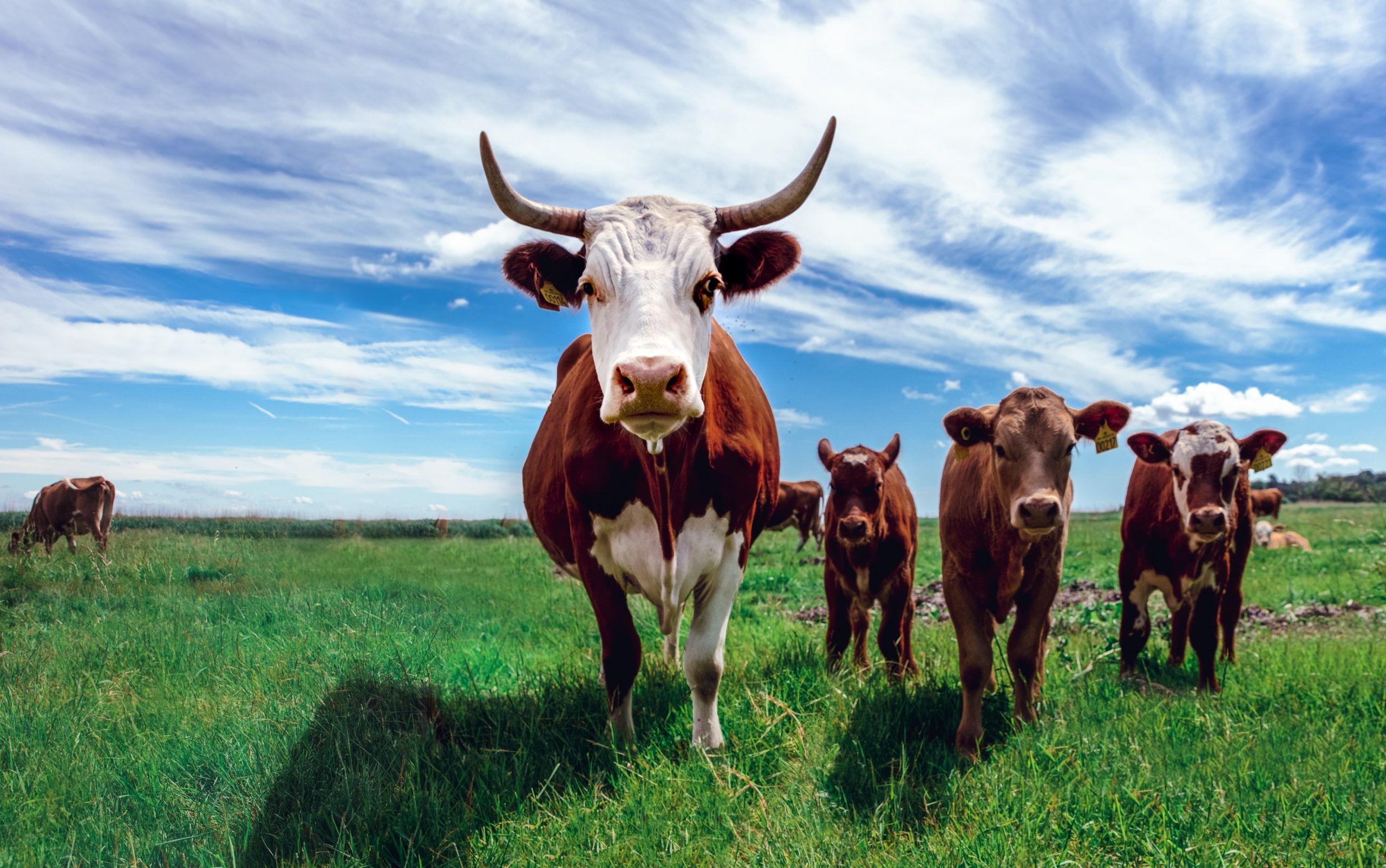A significant number of Brits hold the mistaken belief that all cows live free range, when in reality, 20 percent spend their entire lives confined to sheds, according to a poll of 2,000 adults.
The study revealed that only three in 10 individuals were aware of the farming practice known as zero-grazing, in which dairy cows are never allowed to roam freely and instead are kept indoors for their entire lives.
Animal welfare campaigners claim that this practice affects up to a fifth of UK dairy cows. Upon learning about zero-grazing, 69 percent of consumers opposed it on ethical grounds, and 49 percent stated that they would be unlikely to purchase dairy products that originated from this indoor process.
Furthermore, 56 percent of respondents went as far as to say that zero-grazing should be banned altogether, as 87 percent believe that cows deserve a good quality of life.
The research was conducted by Viva!, an animal welfare organization, whose spokesperson highlighted the widespread ignorance regarding the UK dairy industry. They emphasized that consumers’ lack of awareness about zero-grazing and other cruelties in the industry is not accidental but rather a result of constant images depicting a non-existent rural idyll.
In addition to zero-grazing, the study revealed other misconceptions. Only 41 percent of adults were aware that cows have to be impregnated and give birth to a calf in order to produce milk. Moreover, just 27 percent knew that all calves are separated from their mothers at birth and either killed or isolated.
Once made aware of these facts, 24 percent of respondents expressed a willingness to change their habits and adopt a more vegan lifestyle. Among those aged 25-34, this figure rose to 45 percent. Concern for animal welfare (58 percent) and the environmental impact of the meat and dairy industry (56 percent) were cited as the main motivations for making dietary changes.
Of those open to changing their habits, 53 percent would consider trying plant-based milks as an alternative to dairy milk, while 48 percent would attempt to reduce their consumption of cheese. However, both dairy milk and cheese were identified as the most challenging items to eliminate from their diets, along with chicken and butter.
Interestingly, nine percent of respondents identified as “flexidairians,” a term coined by Viva! to describe individuals who aspire to reduce or eliminate dairy consumption but find it challenging to do so.
The spokesperson for Viva! commended the willingness of individuals to modify their diets and reduce dairy consumption in response to the inhumane practices employed in farming. They highlighted the need for increased knowledge about the treatment of cows, as it is often overlooked or obscured in the industry.






